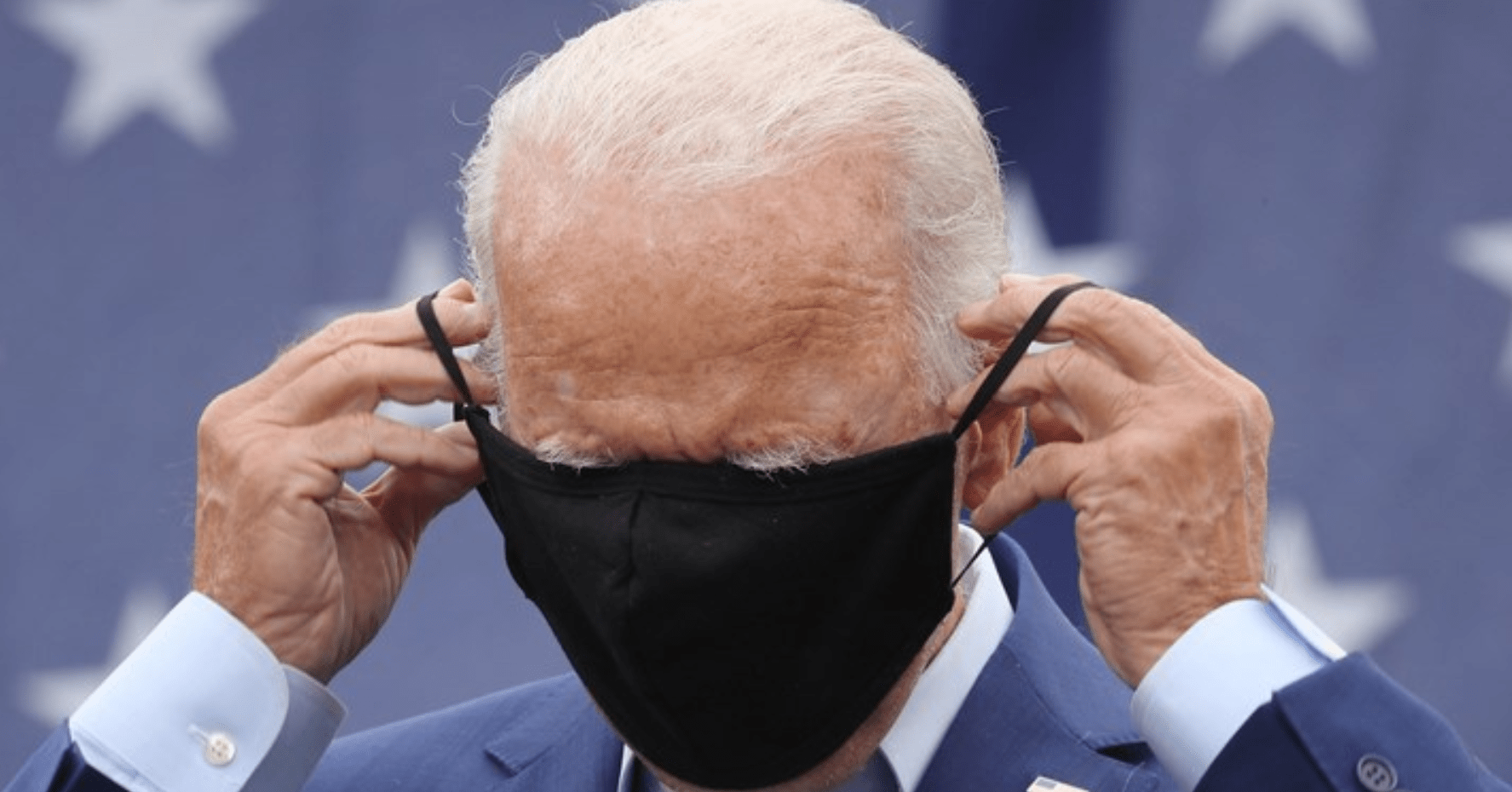The Biden administration will release Iran’s frozen assets for the Islamic Republic


The US Democratic government has once again betrayed the people of Iran
The Biden administration will release Iran’s frozen assets for the Islamic Republic.
Information sources have announced that negotiations between the Islamic Republic of Iran and the United States regarding the release of Iran’s blocked assets in Iraq and South Korea will soon reach an agreement. However, the implementation of this agreement may take some time.
The information indicates that the negotiations between Tehran and Washington have focused on Iran’s blocked assets in South Korea and Iraq, and progress has been made in this regard.
According to the latest estimates announced by Iranian officials, Iran’s assets in Iraqi banks amount to around $10 billion or more. Additionally, Iraq imports natural gas and electricity from Iran, but US sanctions have prevented the transfer of dollars to Tehran as a result of these transactions.
Regarding South Korea, Iran is demands approximately $7 billion by the country, which relates to Iran’s oil imports before the international community’s sanctions in 2019.
According to reports, at the beginning of this year, there was an agreement between the US State Department and the Islamic Republic for the release of American prisoners in Iran in exchange for the release of $7 billion of blocked Iranian funds in Seoul. However, the White House did not confirm it.
It is unclear whether the release of foreign prisoners in Iran is only for American citizens or includes other Western prisoners as well.
On Friday, Iran and Belgium, with the cooperation of Oman, exchanged two prisoners. Belgium released Assadollah Assadi, a diplomat terrorist and intelligence officer of the Islamic Republic who was imprisoned in Belgium on charges of terrorism, and in return, an Iranian aid worker named Olivia Vanderkastiel was released from Iran and returned to her country.
Prior to this, Axios reported in early April, citing 10 Israeli and Western informed sources, that the Biden administration had raised the idea of a “partial nuclear deal” with Iran and discussed it among its allies.
According to this report, under the agreement, if Iran returns the enrichment level of uranium to 60%, the US will reduce some of the sanctions.
If these pieces of information are correct, the Islamic Republic of Iran gains an advantage that within a few months, it will be able to produce uranium with a purity of 90%, which is necessary for atomic weapons, while also benefiting from the lifting of sanctions.
The report stated that Israeli officials have warned the Biden team that the Islamic Republic is on a dangerous path, and enriching to 60% could lead to a military attack by Israel against Iran.
Some nuclear experts within the Iranian government, who are authorized to express their views in government-controlled media, have raised the possibility of reaching a partial agreement in recent months.
However, the US State Department rejected reports related to a partial agreement at the same time.
Vedant Patel, Deputy Spokesperson for the U.S. Department of State, has also stated that discussions about a temporary nuclear agreement are “rumors” that “rarely have any truth.”
He added that Joe Biden, the President of the United States, “has been declaring for a long time that he is committed to ensuring that Iran does not acquire nuclear weapons under any circumstances, and we still believe that diplomacy is the best way to achieve this goal. However, we are prepared for all options and eventualities in coordination with our allies and partners.”
This is the same response that was given to Axios, which did not explicitly deny these reports but attempted to interpret it as a rumor.
Most Western and Israeli experts and officials believe that Iran has stockpiled a significant amount of enriched uranium with a purity of 20% and 60%, which is sufficient to produce at least two atomic bombs within a few months.
Last October, the Biden administration announced that reviving the JCPOA is no longer a priority for his government, and they will not pursue negotiations.
In recent months, the delivery of drones by Iran to Russia and the brutal suppression of protesters were reasons that disappointed the United States government, which had previously spent 18 months in indirect negotiations with Iran. Iran’s frozen assets Iran’s frozen assets Iran’s frozen assets The US Democratic government The US Democratic government The US Democratic government Biden betrayed to iranian Biden betrayed to iranian Biden betrayed to iranian Biden betrayed to iranian
